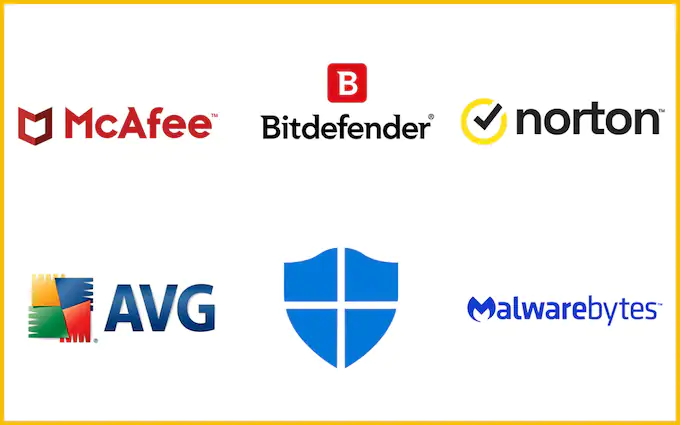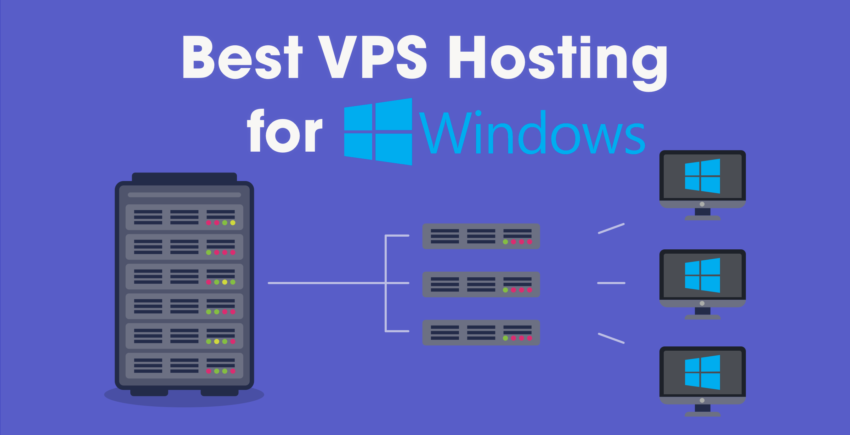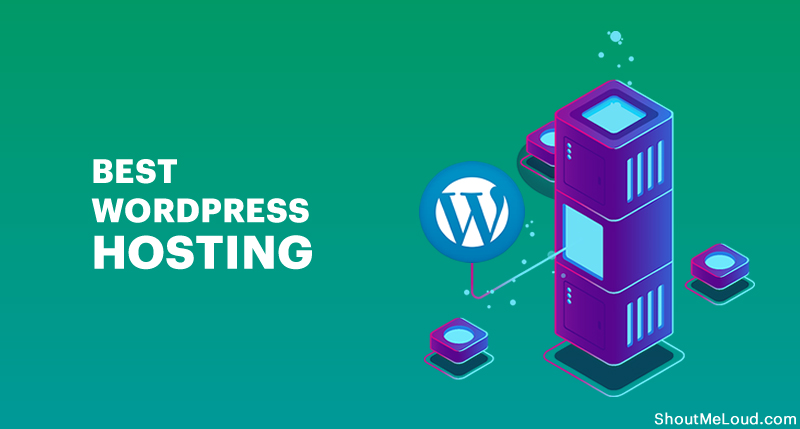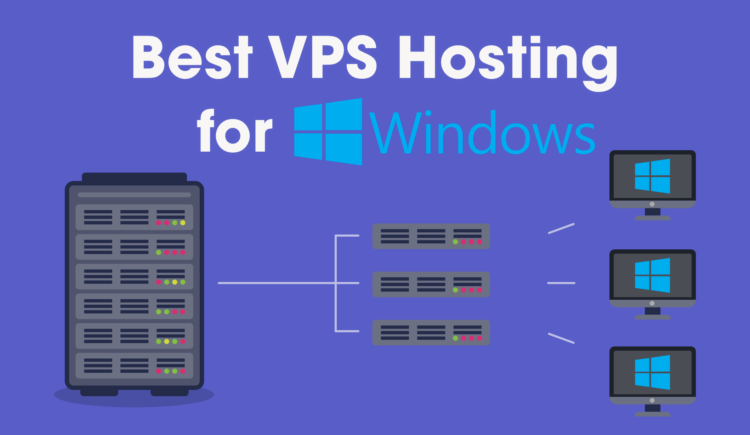The alarming rise in cyberattacks aimed at small businesses has starkly exposed the security weaknesses inherent in traditional hosting solutions. Industry data reveals that nearly 43% of small businesses have been targeted by at least one cyberattack in the last year, underscoring their increasing vulnerability. Managed cloud hosting, with its built-in security protocols and proactive monitoring, provides a critical and much-needed layer of defense, effectively mitigating these risks and ensuring the protection of sensitive business data.
Toc
- 1. The Benefits of Managed Cloud Hosting for Small Businesses
- 2. Key Features of Managed Cloud Hosting
- 3. Related articles 01:
- 4. Choosing the Right Managed Cloud Hosting Provider
- 5. Optimizing Your Managed Cloud Hosting
- 6. Related articles 02:
- 7. Frequently Asked Questions (FAQ)
- 8. Conclusion
- 9. The Future of Managed Cloud Hosting
The Benefits of Managed Cloud Hosting for Small Businesses

Managed cloud hosting is a powerful solution that provides small businesses with a range of advantages tailored to their unique needs. Here are some of the key benefits:
Enhanced Reliability
Managed cloud hosting ensures high uptime through a network of redundant servers and load balancing. This means that your website remains online and accessible, even during unexpected traffic spikes or server outages. For small businesses, maintaining a consistent online presence is crucial for attracting and retaining customers. Imagine a small e-commerce store experiencing a sudden surge in traffic during a holiday sale. With managed cloud hosting, their website remains online and accessible, ensuring they don’t miss out on valuable sales opportunities due to server overload. A key aspect of managed cloud hosting that contributes to high uptime is high availability (HA). HA ensures that even if one server fails, other servers within the network seamlessly take over, preventing downtime. This is achieved through redundancy, where multiple servers are configured to handle the same tasks, and load balancing, which distributes traffic across these servers.
Robust Security
Security is paramount for any small business, and managed cloud hosting excels in this area. These hosting solutions come equipped with advanced security features, including firewalls, intrusion detection systems, and regular security updates. For instance, many managed cloud hosting providers utilize intrusion detection systems (IDS) to monitor network traffic for suspicious activity. These systems can detect and block potential threats before they can compromise your data. This multi-layered approach to security protects sensitive data and customer information, allowing business owners to operate with confidence. Managed cloud hosting providers proactively monitor for threats, ensuring that your online presence is safeguarded against potential attacks.
Scalability and Flexibility
One of the standout features of managed cloud hosting is its scalability. As your business grows, so do your hosting needs. Managed cloud hosting allows for easy scaling of resources up or down, ensuring your website can handle increased traffic without compromising performance. This flexibility is particularly beneficial for small businesses that experience fluctuating demand. Recent trends in managed cloud hosting include the growing adoption of containerization technologies like Docker. This allows for more efficient resource allocation and quicker deployment of applications, making it easier for small businesses to scale their operations as needed. By optimizing resource allocation, companies can effectively manage costs while accommodating growth.
Cost-Effectiveness
While the initial investment in managed cloud hosting may be higher than traditional hosting solutions, the long-term savings can be substantial. By outsourcing server management to experts, small businesses can reduce the need for in-house IT staff and the associated overhead costs. This allows business owners to focus on their core operations while enjoying the benefits of enterprise-grade hosting without the hefty price tag. While the initial setup costs for managed cloud hosting might be higher than traditional hosting solutions, the long-term savings in terms of reduced IT overhead, improved security, and increased uptime often outweigh this initial investment. Managed cloud hosting ultimately represents a smart financial decision for small businesses with limited budgets.
Ease of Use and Management
Managed cloud hosting is designed with user-friendliness in mind. Most providers offer intuitive control panels and interfaces that simplify server management for non-technical users. This ease of use allows small business owners to manage their websites, emails, and other online assets without getting bogged down in complex server configurations. Additionally, having a dedicated support team available 24/7 means that help is always at hand for any technical issues that may arise.
Key Features of Managed Cloud Hosting

Managed cloud hosting stands out from traditional hosting solutions due to its comprehensive features. Here are some of the essential elements that small businesses can expect:
Server Management
With managed cloud hosting, the provider takes care of all server-related tasks, including setup, configuration, maintenance, and security updates. This alleviates the burden on small business owners, freeing up valuable time and resources to focus on growth and customer engagement. By outsourcing these technical tasks to experts, businesses can operate more efficiently and effectively.
Automatic Backups and Disaster Recovery
A reliable backup system is a cornerstone of managed cloud hosting. Providers ensure that website data is regularly backed up, creating a safety net in the event of unexpected data loss or system failures. This capability allows small businesses to restore their websites quickly, minimizing downtime and maintaining business continuity in emergencies.
Advanced Security Measures
Managed cloud hosting providers prioritize security with advanced features such as DDoS protection, security monitoring, and threat detection systems. These measures protect against various security threats, ensuring that small businesses can operate without fear of cyberattacks. Investing in managed cloud hosting means investing in the safety of your online assets.
2. https://kalimbatran.com/mmoga-the-best-blog-hosting-sites-for-aspiring-bloggers-in-2024
5. https://kalimbatran.com/mmoga-the-best-shared-hosting-for-bloggers-and-content-creators-in-2024
Dedicated Support and Customer Service
Access to expert support is invaluable for small businesses. Managed cloud hosting providers typically offer 24/7 assistance, ensuring that any technical issues or questions are promptly addressed. This level of customer service can be the difference between a seamless hosting experience and a frustrating one. Small business owners can focus on their core operations, knowing that expert help is just a call away.
Scalability and Resource Allocation
The ability to easily scale resources is a game-changer for small businesses. Managed cloud hosting providers enable businesses to adjust their resource allocation based on changing needs, whether due to growth or seasonal fluctuations. This flexibility ensures that businesses can accommodate increased demand without the burden of managing complex server infrastructure.
Choosing the Right Managed Cloud Hosting Provider

Selecting the right managed cloud hosting provider is crucial for small business success. Here are several factors to consider:
Budget
Finding a provider that fits within your budget is essential. Small businesses should compare pricing models and plan options from various providers to ensure they receive the best value for their investment. Look for transparency in pricing and flexible plans that align with your financial capabilities.
Features and Services
Evaluate the features and services offered by potential providers. Key aspects to consider include security measures, scalability options, and customer support. Ensure that the provider’s offerings match the specific needs of your small business, allowing you to maximize the benefits of managed cloud hosting.
Reputation and Track Record
Researching a provider’s reputation and track record is vital. Look for customer reviews, industry rankings, and case studies to gauge reliability and customer satisfaction. This due diligence will help you make an informed decision and avoid potential pitfalls.
Customer Support
Excellent customer support is a make-or-break factor for small businesses. Choose a provider that offers responsive and knowledgeable assistance, available 24/7 through various communication channels. This support can significantly enhance your hosting experience and reduce stress for business owners.
Optimizing Your Managed Cloud Hosting

To get the most out of your managed cloud hosting solution, implementing best practices is essential:
Website Optimization
Optimizing your website for speed and performance is critical. Techniques such as caching, image optimization, and code minification can significantly enhance loading times. A fast and responsive website improves user experience and boosts SEO rankings, driving more traffic to your business.
Security Measures
Implementing strong security measures is vital for protecting your website and data. Utilize strong password policies, enable two-factor authentication, and keep all software and plugins up-to-date. Regularly reviewing your security configurations can help you stay ahead of emerging threats.
Monitoring and Analytics
Monitoring your website’s performance and user behavior is crucial for informed decision-making. Utilize website analytics tools to track key metrics, such as traffic patterns and user engagement. This data can help you optimize your online presence and improve user experience.
Resource Management
Effectively managing your resources can help avoid unnecessary costs. Collaborate with your managed cloud hosting provider to optimize resource allocation and ensure that you’re using your resources efficiently. This approach maximizes performance while minimizing expenses.
Frequently Asked Questions (FAQ)

What is the difference between managed cloud hosting and traditional hosting?
Managed cloud hosting differs primarily in server management. Traditional hosting requires businesses to handle the technical aspects, while managed cloud hosting providers take care of these tasks, allowing business owners to focus on their core operations.
Is managed cloud hosting suitable for my small business?
Yes, managed cloud hosting is an excellent solution for small businesses seeking reliable, cost-effective, and user-friendly hosting options. It is particularly beneficial for businesses that lack in-house IT resources or require robust security and reliability.
How much does managed cloud hosting cost?
The cost of managed cloud hosting varies based on the provider and specific features included. While it may start at a higher price point than traditional hosting, the long-term savings and benefits often outweigh the initial investment.
What are the key factors to consider when choosing a managed cloud hosting provider?
Key factors include budget, features, reputation, and customer support. It’s essential to evaluate pricing models, service offerings, industry standing, and the quality of technical assistance to select the best fit for your business.
Conclusion
Managed cloud hosting presents small businesses with a reliable, secure, and scalable solution to their hosting needs. By harnessing the power of the cloud and the expertise of dedicated providers, businesses can enjoy enhanced reliability, robust security, and user-friendly management tools. As you navigate the digital landscape, managed cloud hosting can empower your growth, streamline operations, and allow you to focus on what you do best. Explore managed cloud hosting options today and unlock a new era of success for your small business. Contact us to learn more about our managed cloud hosting solutions and how we can help your business thrive.
The Future of Managed Cloud Hosting
As the technology landscape continues to evolve, the future of managed cloud hosting looks promising. Innovations in artificial intelligence and machine learning are expected to enhance security measures, automate server management, and provide predictive analytics for better resource allocation. Additionally, the increasing emphasis on sustainability will likely drive managed cloud hosting providers to adopt greener practices, such as utilizing renewable energy sources and optimizing data center efficiency. By staying ahead of these trends, small businesses can leverage managed cloud hosting not only to meet their current needs but also to prepare for future challenges and opportunities.
















